The relentless pursuit of growth and success is often the primary focus for entrepreneurs and business leaders. However, paradoxically, it’s sometimes the act of stepping back that propels a business or an entrepreneur forward, allowing for rejuvenation, innovation, and a reinvigorated approach to achieving objectives.
It’s not surprising that many entrepreneurs are looking for ways to cut back. An estimated 48% of founders experience burnout, 32% suffer from depression, and 56% suffer from decision fatigue, according to research from Elevate. That could be partly due to long hours, with 62% of entrepreneurs working 50 or more hours per week and 57% working at least six days per week, based on a Gallup poll. Stepping back from long hours, constant decision-making, and the endless emotional turmoil of business ownership can help business owners gain perspective about what they really want out of their personal and professional lives.
The Power Of Perspective
Taking a step back from the day-to-day operations allows business leaders to gain a broader perspective. “It’s easy to get caught up in the minutiae of daily tasks, losing sight of the bigger picture and long-term strategy. By stepping back, leaders can assess their business from a new vantage point, identifying opportunities for innovation and improvement that may have been overlooked,” explains Courtnie Nein, co-founder of Good Life Companies.
“After making the difficult decision to step back as President of my business, I am able to be more mentally present to whatever happens in the moment. And I can provide customized financial planning strategies to families in my local community with a much more personalized approach.”
Prioritizing Personal Growth And Well-being
Deciding to step back from the hustle of entrepreneurship is often influenced by a founder’s desire to prioritize their personal growth and well-being. “This shift in focus is not just about personal health or happiness but about recognizing that the well-being of a leader is intrinsically linked to the health of the business,” says Nein. “Taking care of my family and pursuing my passion rejuvenated my energy and creativity, which I could then bring to my new role. Business leaders often overlook the importance of work-life balance and its impact on leadership effectiveness, which can lead to burnout, fatigue, stress, and even chronic health problems.”
Nein has rekindled her connection to her roots and relieved her workplace burnout by refocusing her practice on middle-class families. With this strategy, she reinforces her bonds with both clients and family while staying true to her core values. “Redirecting my efforts towards underserved markets in middle America helped me reconnect and foster community. This alignment has brought immense satisfaction, enriching my life on both personal and professional fronts,” shares Nein. This approach demonstrates the significant synergy between personal growth and professional life, yielding a career that is both more rewarding and conducive to better well-being.


Comments are closed